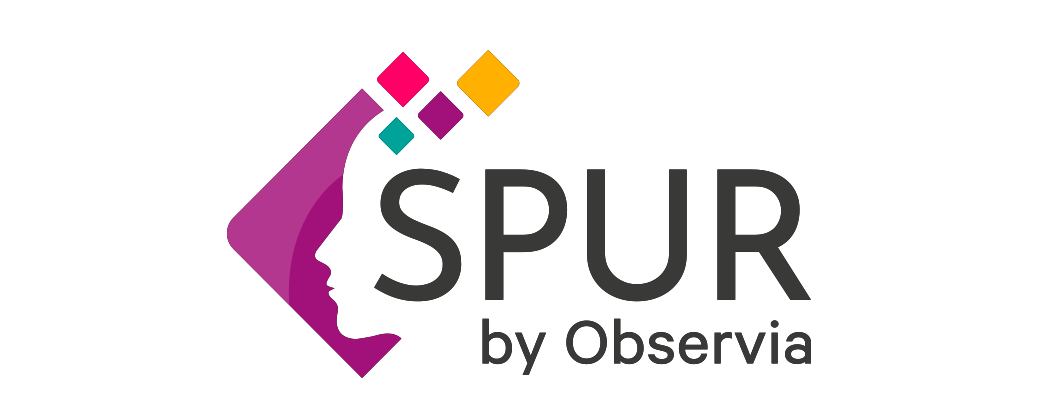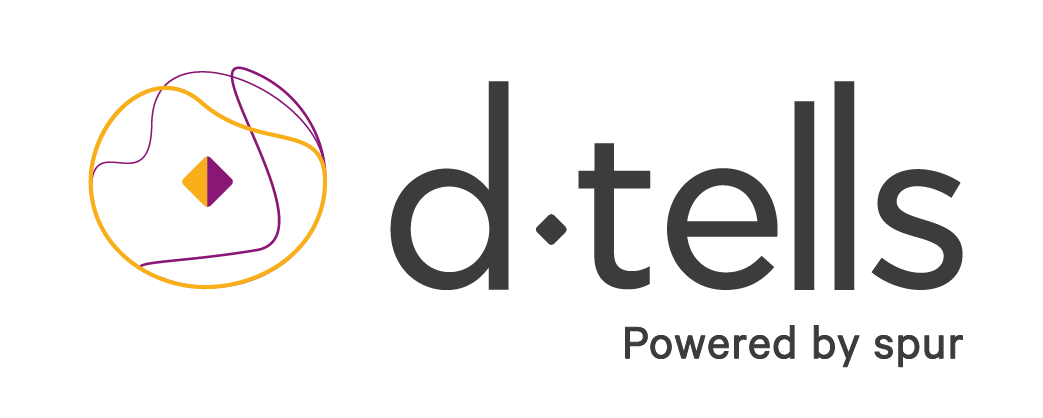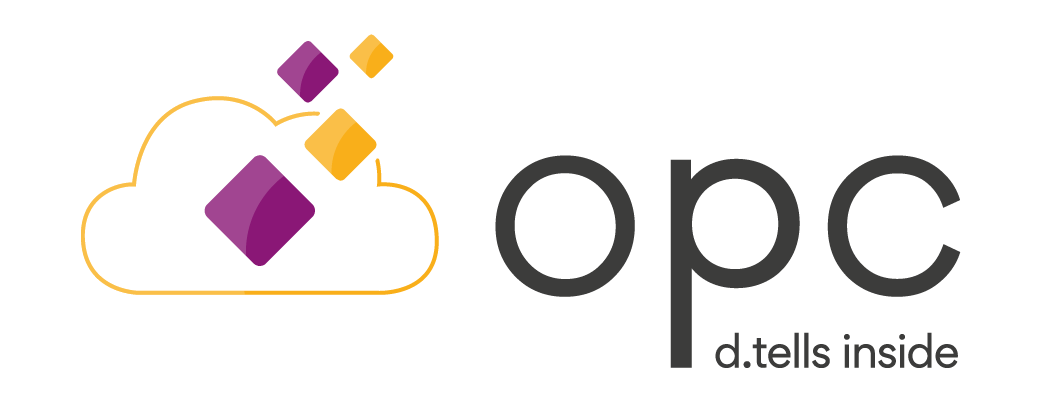Using nudges in e-health solutions to improve patient outcomes
Estimated reading time: 5 minutes
Nudge: what are we talking about?
In the Schiphol airport in Amsterdam, they had the innovative idea to etch houseflies into the urinals in the men's rooms. They found that if men had a target to aim at, spillage and subsequent cleaning costs were reduced by 80%.¹ This is a good example of a "nudge." Nudges originate in the field of behavioral economics, which was developed by picking and choosing from economics, psychology and other behavioral sciences in order to better understand human behavior and decision-making. In the 1970s and 80s, Daniel Kahneman and his colleague Amos Tversky wrote several papers on judgment and decision making, leading to a Nobel prize in 2002.²
In 1977, a young visiting scholar named Richard Thaler became friends with Kahneman and Tversky. In 1980, Thaler published a paper building on his work with Tversky, combining behavioral science with economics at a time when economic theory almost universally assumed people thought rationally.³ Thaler himself eventually won the Nobel in 2017.⁴
For a long time, the field of economics championed the idea that humans' preferences are stable over time, predictable, and above all, rational. The shocking new idea that underlies the rapid rise of behavioral economics as a field is that humans are actually not at all rational, and their behaviors and preferences can vary wildly. However, their behavior can be influenced if we understand the origins of these variations.
See also
A multiple-cohort analysis of the SPUR 6/24 patient-reported adherence tool
Clinical Ink and Observia: Pioneering Personalized Patient Engagement in Clinical Trials
By your side in 2024: Happy Holidays from Observia!
Need more information?
A burning question, a specific request, a great project to share with us? Get in touch, our teams are here to help!










